All finalists, judges, Award sponsors and ABSW members are invited to the ABSW awards ceremony that takes place on Wednesday, 9 July 2025, at the Royal Institution. Winners in all categories will be announced at the ceremony. (Book here!)
Not for the first time, we are in awe of the number and quality of the entries that we were called upon to assess. They are proof that the UK and Ireland produce terrific science writing for every imaginable medium, in every possible format, and for every community of interest here and around the world.
In the end 46 finalists were shortlisted out of 277 entries for the 11 categories. For those that didn't make it as a finalist you are all commended for your contribution to science and technology journalism in 2024 and I hope you continue to produce such varied, vital and insightful work in 2025 and beyond.
Martin Ince, Chair of the Judging Panel, ABSW Awards, 2025
And the finalists are....
NB: links to work are provided where an accessible URL is available
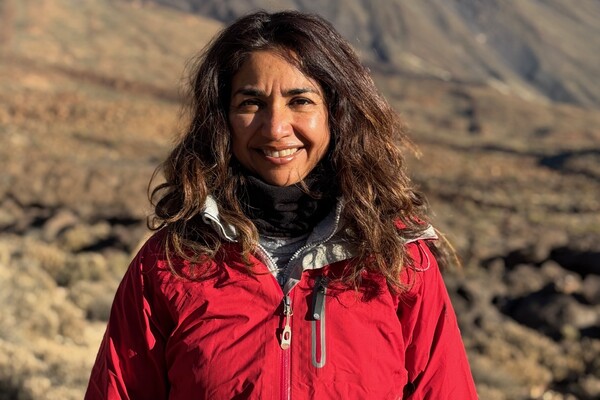
Anjana Ahuja: Opinion Piece or Editorial of the Year
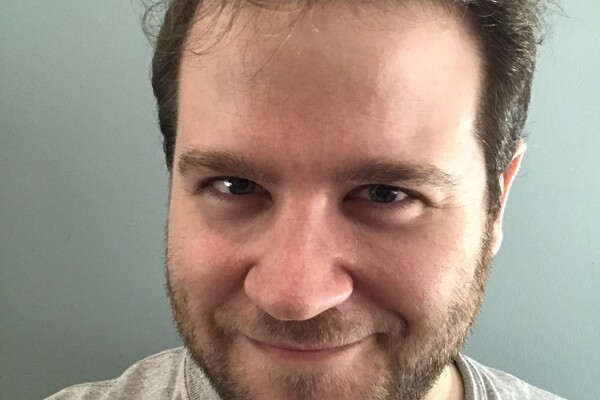
Robin Andrews: Feature of the Year - general audience, and News Item of the Year
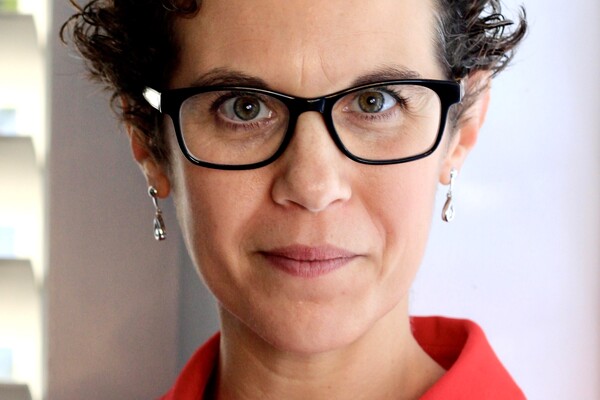
Hannah Barnes: Feature of the Year - general audience & Opinion Piece or Editorial of the Year
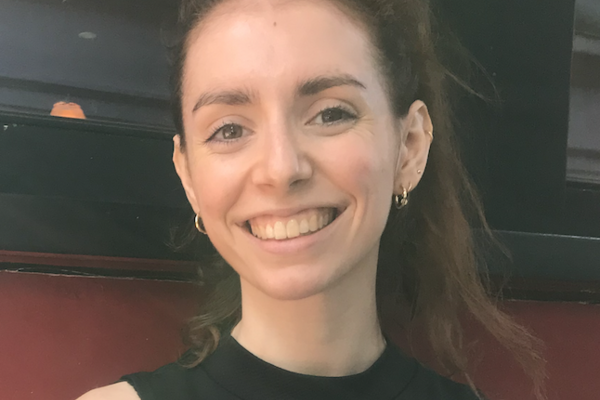
Sophie Berdugo: Newcomer of the Year
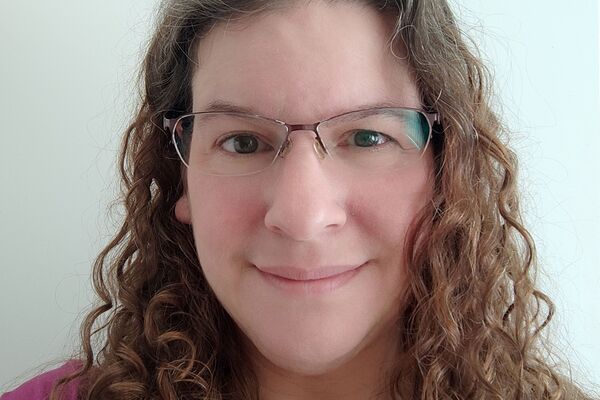
Rachel Brazil: Feature of the Year - specialist audience
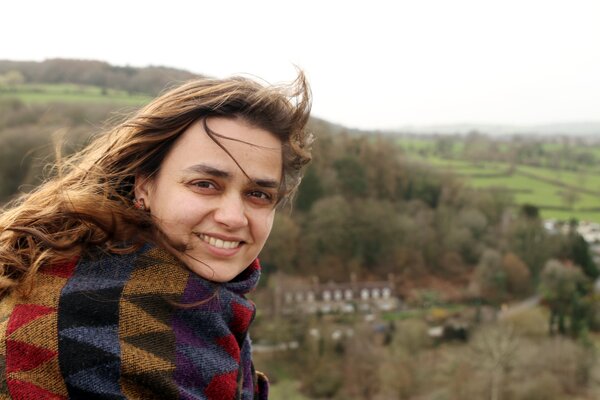
Shamini Bundell: Video of the Year
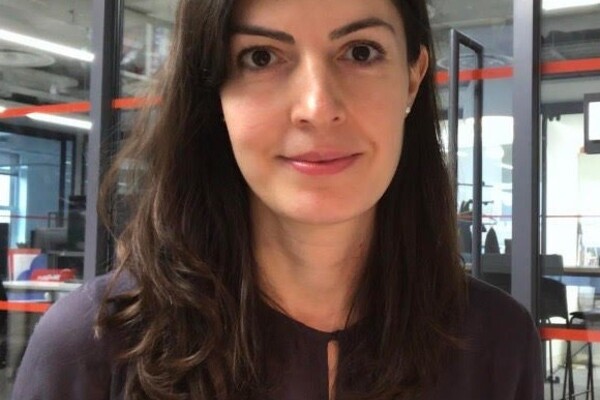
Slavea Chankova: News Analysis of the Year
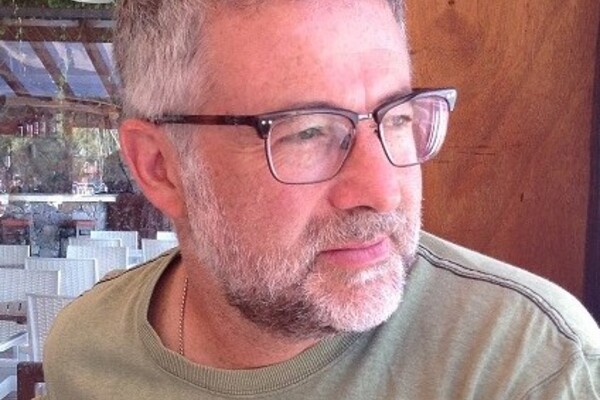
Dan Clery: Research Policy or Funding Story of the Year
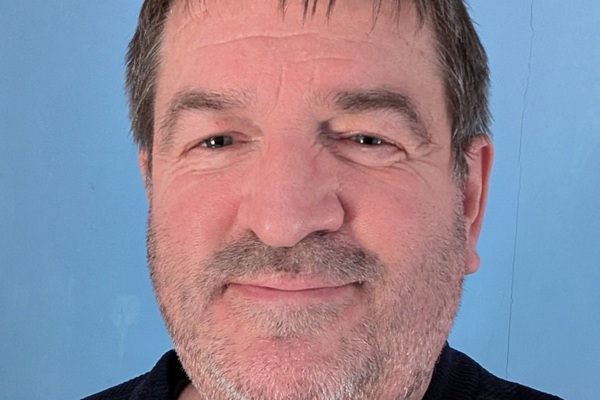
Richard Courtice: The Royal Society Audio Award
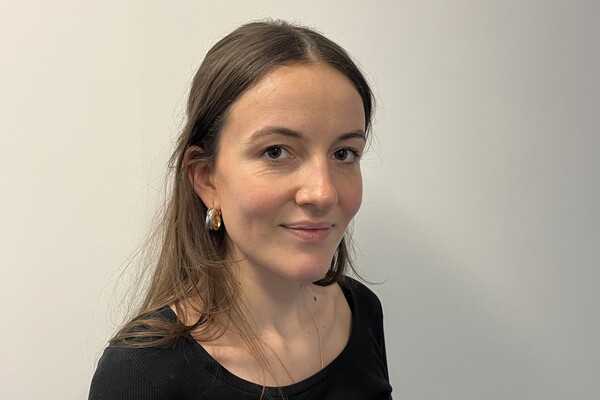
Maeve Cullinan: Newcomer of the Year
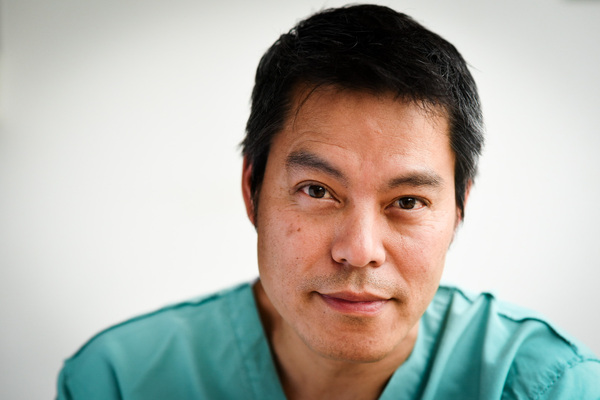
Kevin Fong: The Royal Society Audio Award
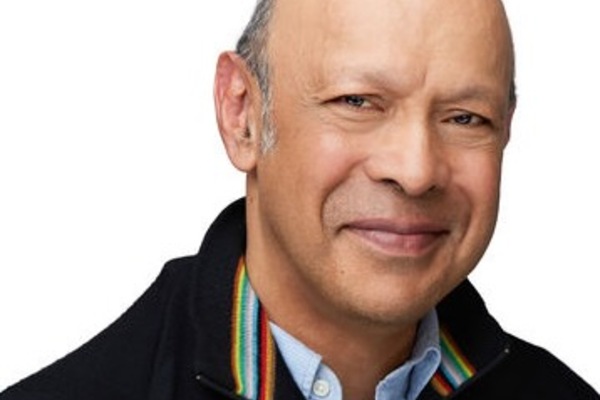
Pallab Ghosh: News Item of the Year & Video of the Year
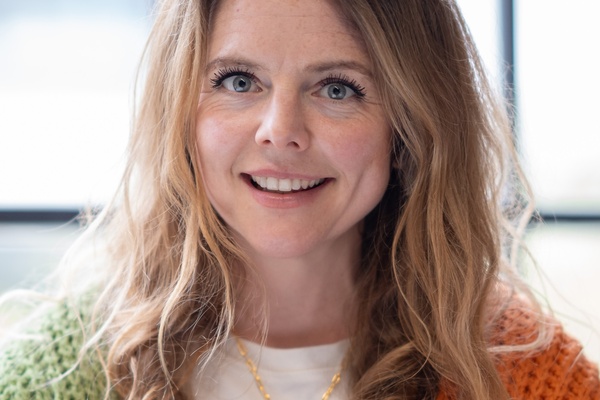
Elizabeth Gibney: Research Policy or Funding Story of the Year
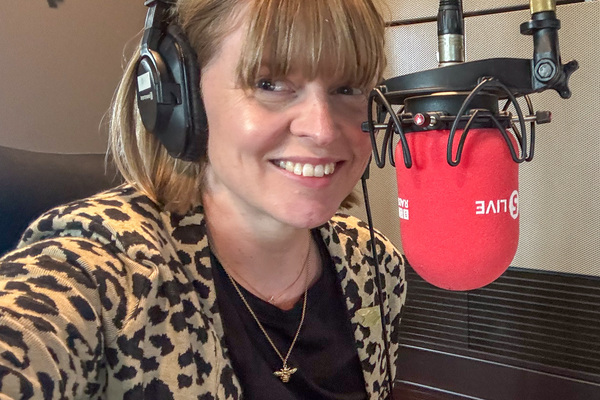
Victoria Gill: Video of the Year
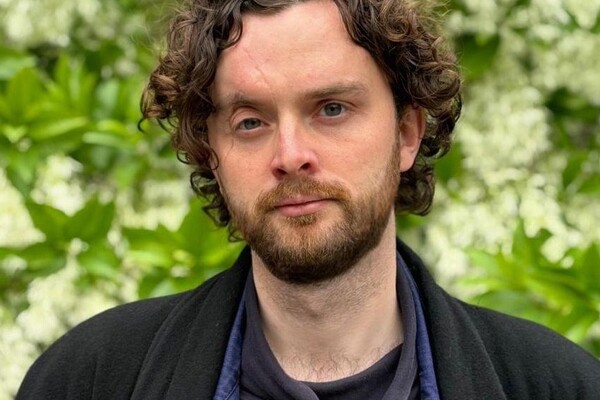
Jack Goulder: The Dr Katharine Giles Award for best popular article written by a scientist, technologist or engineer
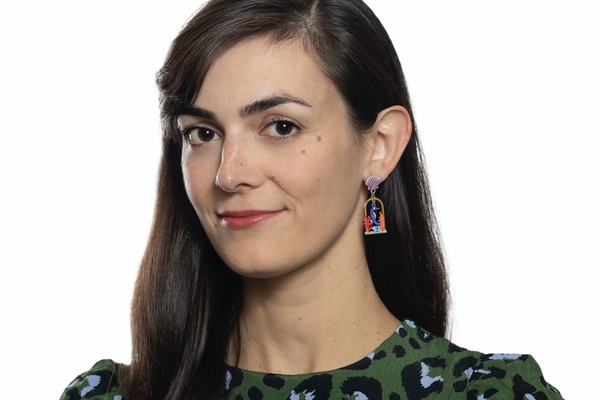
Jessica Hamzelou: News Analysis of the Year
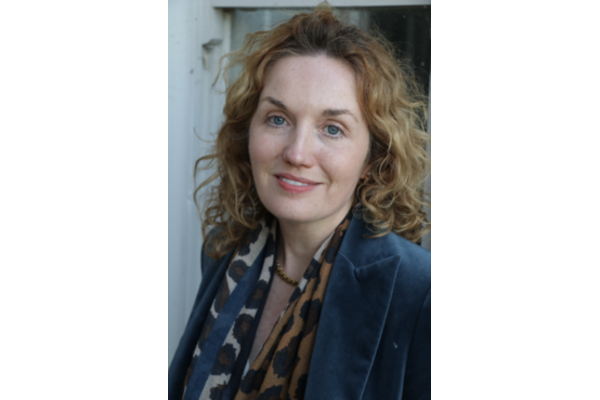
Olive Heffernan: Steve Connor Award for investigative journalism
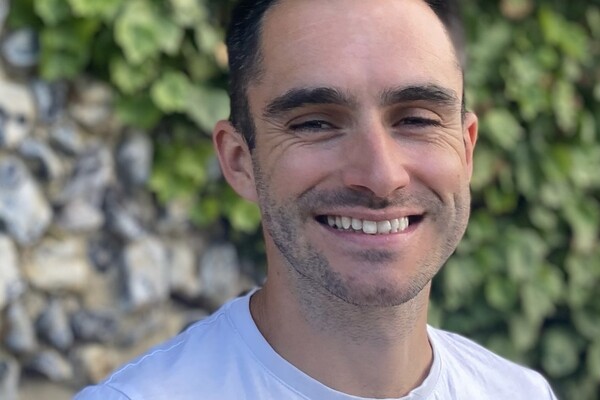
Jason Hosken: The Royal Society Audio Award
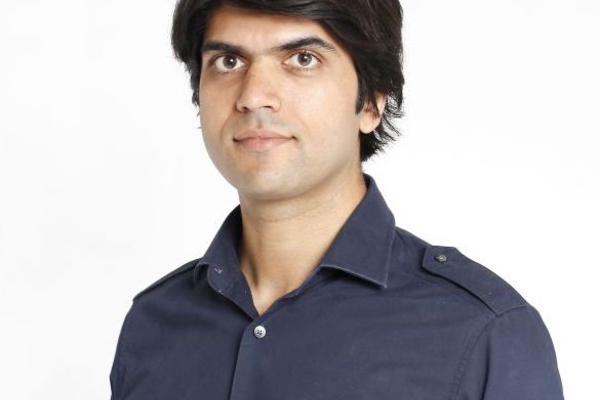
Alok Jha: The Royal Society Audio Award
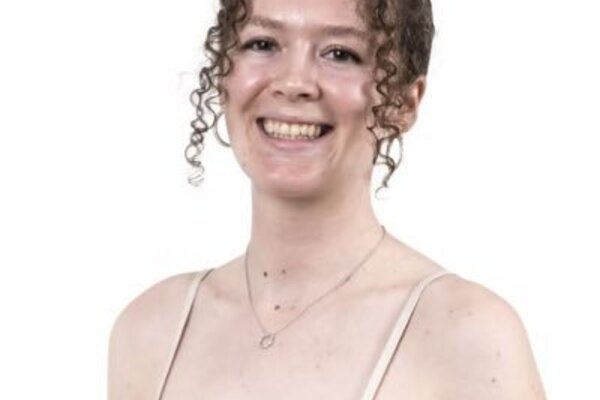
Frances Jones: Newcomer of the Year
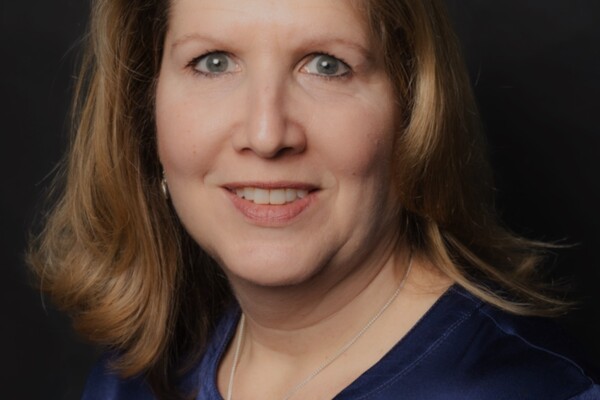
Sandra Kanthal: The Royal Society Audio Award
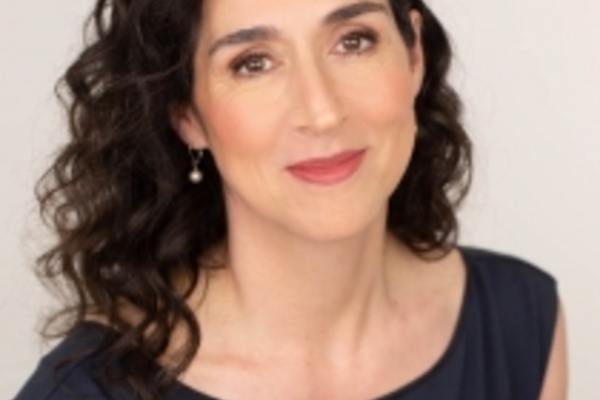
Natasha Loder: The Royal Society Audio Award
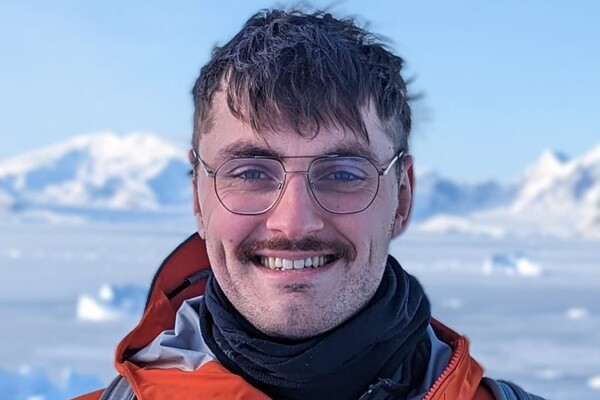
Robbie Mallett: Dr Katharine Giles Award for best popular article written by a scientist, technologist or engineer
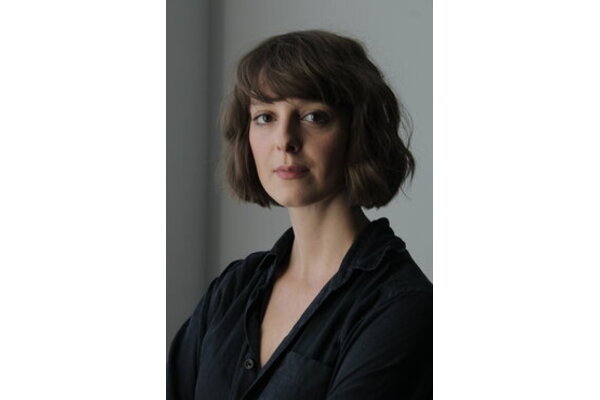
Tess McClure: Feature of the Year - general audience
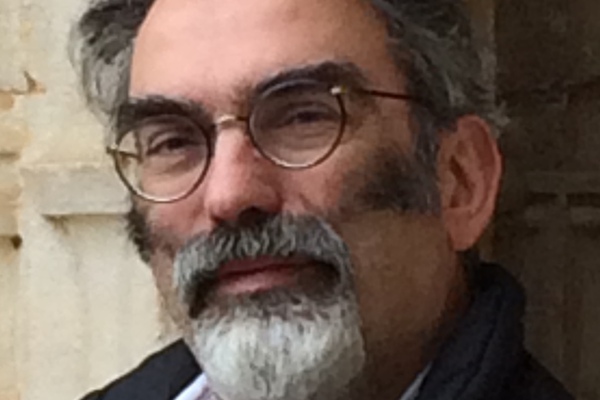
Oliver Morton: Opinion Piece or Editorial of the Year
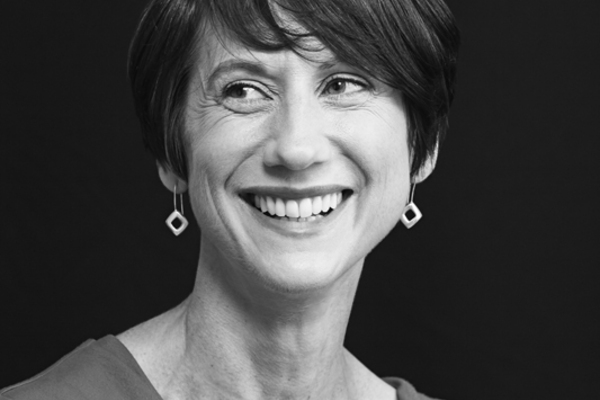
Helen Pearson: Feature of the Year - specialist audience & Research Policy or Funding Story of the Year
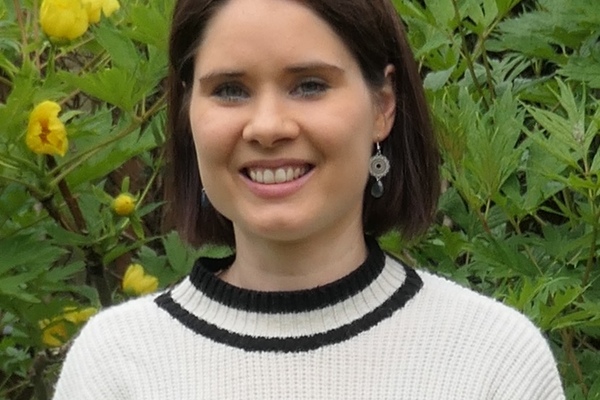
Tereza Pultarova: Steve Connor Award for Investigative Journalism
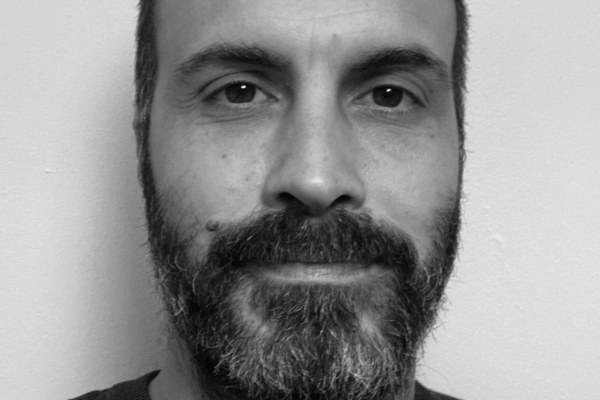
Nico Raufast: The Royal Society Audio Award
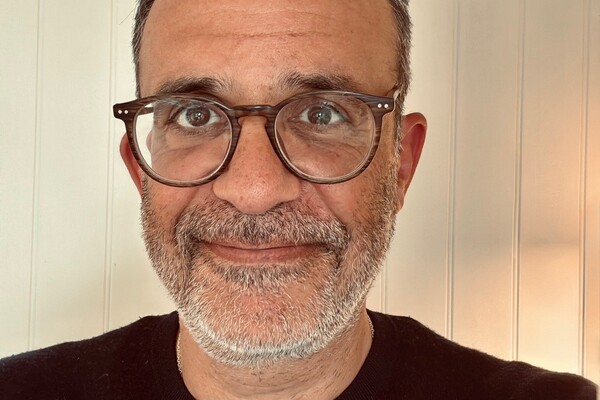
Rami Tzabar: The Royal Society Audio Award
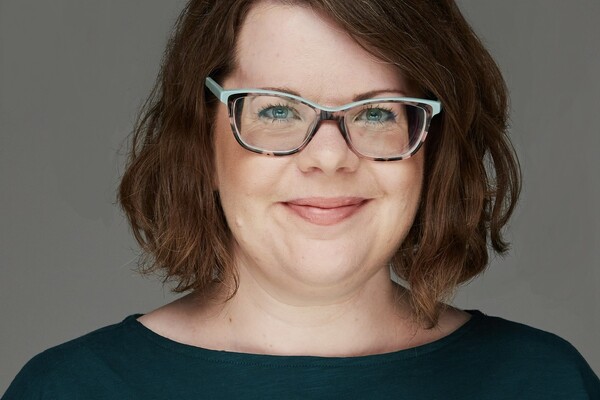
Jen Whyntie: The Royal Society Audio Award
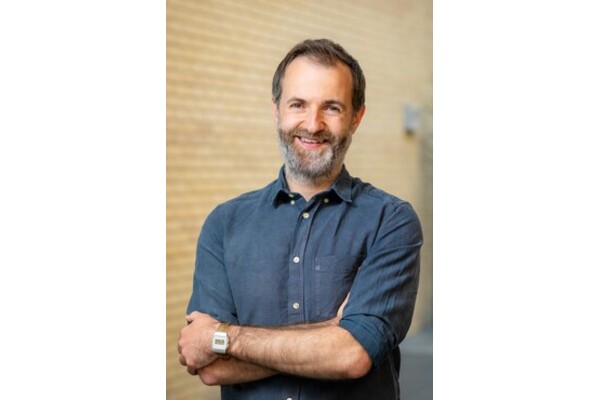
Kit Yates: Opinion Piece or Editorial of the Year
Dr Katharine Giles Award for best popular article written by a scientist, technologist or engineer - supported by the Dr Katharine Giles Fund
Jack Goulder, Medical Doctor, NHS
‘A diagnosis can sweep away guilt’: the delicate art of treating ADHD, The Guardian Long Read
Compassionate, careful, informed, thoughtful and graceful. Goulder tackled this contentious topic with originality, heart and humility.
Robbie Mallett, Postdoctoral Scientist, UiT The Arctic University of Norway
Letter from Antarctica, The Spectator
Rich with colour, texture and pleasing images. The piece let readers in on the dailiness of doing research — as crucial a part of building public trust in science as are primers on results.
Feature of the Year – general audience
Robin Andrews, We May Be on the Brink of Finding the Real Planet Nine, Scientific American
This in-depth look at one of the most controversial theories in astronomy weaves-in the story of the guy who killed Pluto. A feature with pace, poetry and clear explanations of cosmological concepts, which make it perfectly pitched for a popular-science audience.
Hannah Barnes, The Trauma Ward, The New Statesman
An assertive, brave and compelling piece that finds strength in the powerful balance between the retelling of personal trauma and a frank account of neglect and inadequacy in Britain’s maternity services.
Tess McClure, The great abandonment: what happens to the natural world when people disappear?, The Guardian
With beautiful writing, this feature upends conventional thinking about the effects of humans on ecosystems. Clear yet lyrical language, without dumbing down, on what the abandonment of Eastern European villages has meant for nature.
Feature of the Year - specialist audience
Rachel Brazil, Saving Barbie from her own inherent vice, Chemistry World
Who knew organic chemistry could be such fun! Rachel has written a delightful and original take on how plastics deteriorate, as seen through the eyes of conservators trying to keep an ageing icon looking youthful.
Nisha Gaind, After the genocide: what scientists are learning from Rwanda, Nature
Can we create a theory of why and how genocides happen? Written from the field, this is a thoughtful, sensitive investigation into what we have gleaned from the terrible events that took place in Rwanda 30 years ago.
Helen Pearson, Can AI review the scientific literature - and figure out what it all means?, Nature
An impactful piece with implications for the broader scientific community. It’s not a puff piece or doom-monger’s account of AI but a well-balanced piece describing the hurdles overcome, those ahead and the potential benefits of rapid, made-to-order meta-analyses.
Newcomer of the Year - supported by the Association of the British Pharmaceutical Industry (ABPI)
The judges wanted to say how impressed they were with the quality of all entries and to note how many of the entrants had been supported by ABSW activities, from summer school to 'meet the editor' sessions, and the Monthly showcase. The ABSW is to be commended for being a place for early-career journalists to flourish.
Sophie Berdugo, Freelance
Before the Stone Age: Were the first tools made from plants not rocks?, New Scientist
Denisovan DNA may help modern humans adapt to different environments, New Scientist
Male lemurs grow bigger testicles when there are other males around, New Scientist
An impressive portfolio for a newcomer, including a cover article in New Scientist.
Maeve Cullinan, Global Health Security reporter, The Daily Telegraph
Grow your own genetically modified mosquito colony – just add water, The Telegraph
Africa’s ‘Q’ cooks up arsenal of gadgets to fight malaria, The Telegraph
Can robots unravel the mystery of why bacteria are beating our best antibiotics?, The Telegraph
Strong impartial and engaging journalism including thorough reporting from the field.
Frances Jones, Reporter, Research Professional News
AI: ‘Scientific publishing is not prepared for this’, Research Professional News
UKRI: In search of an identity?, Research Professional News
Chi Onwurah: Science Champion, Research Professional News
Impressive reporting on important policy and funding stories, which can often be overlooked.
News Analysis of the Year
Simar Bajaj, Everyone is on their phones. But is it really phone addiction we’re experiencing?, The Guardian
A compelling read and good analysis of a subject that has seen a lot of poor reporting.
Slavea Chankova, Coming into focus: Researchers are starting to question if ADHD should be seen as a disorder, The Economist
Well-balanced, elegantly written and pulled the research together clearly. Packed a lot of reporting into a small space, with that human element that can often get missed with analyses.
Jessica Hamzelou, Exosomes are touted as a trendy cure-all. We don’t know if they work, MIT Technology Review
Detailed analysis of a topical subject that conveys clearly what is science, what snake oil here.
News Item of the Year
Robin Andrews, The Search for What Shook the Earth for Nine Days Straight, Quanta Magazine
Strong journalistic instincts, they took a gamble that really paid off, an original and unique voice.
Pallab Ghosh, Fly brain breakthrough 'huge leap' to unlock human mind, BBC News Website
Strong journalistic standards, making complex science interesting and engaging.
Opinion Piece or Editorial of the Year
Anjana Ahuja, Statistics are still misunderstood in the courtroom, Financial Times
Balanced, well-informed, and careful handling of a potentially controversial topic. It took considerable bravery, as well as clarity, to take on such an emotive issue, and the article makes a timely call for change.
Hannah Barnes, Caution should prevail on the assisted dying bill, The New Statesman
Thoughtful and well-informed analysis of a very contentious topic. We were impressed by how Hannah was able to state a personal point of view while offering a balanced and open-minded discussion.
Oliver Morton, A place to talk about cooling the Earth, The Economist (The World Ahead supplement)
A genuinely novel point of view on a broad topic that goes beyond research and recommends urgent policy action. The article is well grounded in the legal and regulatory facts — an Op-Ed that could make a difference.
Kit Yates, Why it makes sense to vaccinate boys against HPV, Substack
Wonderfully informative piece, making a strong case for what might at first seem like a counterintuitive position. Kit deftly introduced his own personal experience while sustaining an objective but empathic discussion throughout.
Research Policy or Funding Story of the Year
Dan Clery, Giant fusion project in big trouble, Science magazine
Dan has unrivalled knowledge of his subject, in policy and funding terms as well as its astounding technology. He tells a tangled tale which involves billions of pounds and other currencies, and in which anything that happens pushes success further into the future. It’s a classic of the “Arrow points to the defective part” school of journalism.
Hannah Devlin, Chinese firm sought to use UK university links to access AI for possible military use, The Guardian
Universities across the UK are under pressure to bring in foreign money, by admitting overseas students and research contracts. Here is the tale of just how wrong this process can go, even for a well-resourced university in the world top 10.
Elizabeth Gibney, CERN prepares to expel Russian scientists — but won’t completely cut ties, Nature
Big science, the career prospects of top scientists, and front-page world news at its most intense. Elizabeth spoke to a huge number of the right people and has created a compelling and important story that we have no hesitation in commending.
Helen Pearson, Science could solve some of the world’s biggest problems. Why aren’t governments using it? Nature
All over the world, governments want better science advice and better science policy. Helen’s piece takes on the massive task of seeing how they go about it. A valuable and timely piece that might help scientists put policy makers under the microscope that they are often so keen to turn on others.
The Royal Society Audio Award - supported by The Royal Society
Jason Hosken, Alok Jha, Nico Raufast, Hannah Marinho, Babbage: How AI Became Generative, The Economist
The judges were impressed with the ambition of this project tackling the science behind one of the most important, complex and disruptive technological developments of our age. Intelligent, thought provoking and highly engaging, offering new insights for lay listeners and experts alike.
Sandra Kanthal, Natasha Loder, Mila’s Legacy, BBC Radio 4
The judges loved the melding of the deeply personal and human story with the pressing scientific questions at the heart of this reporting. Skilfully and sensitively told, the episode unveils the complex ethical and funding considerations at a key frontier of modern medicine.
Jen Whyntie, Kevin Fong, Richard Courtice, Rami Tzabar, Air Ambulance, BBC Radio 4
The judges were gripped by the original and immersive story telling which brought listeners an up-close and intimate view of the minute-by-minute, life-and-death decisions being made in real time. Beautifully crafted, compassionate, and insightful programme making on the extreme edge of medical science.
Steve Connor Award for investigative science journalism - in memory of science journalist Steve Connor
Sophie Borland, UK government’s nutrition advisers are paid by world’s largest food companies, BMJ analysis reveals, The BMJ
The sheer scale of data analysed, combined with comprehensive reportage including data and multimedia, makes this piece stand out.
Olive Heffernan, Europe’s oldest marine reserve, located in County Cork, is in decline. What’s going on?, The Journal Investigates
A clear and poetic approach that makes the piece especially impactful.
Tereza Pultarova, ESA workers face a maze of non-compete clauses and service contracts, Ars Technica
A nuanced exploration of the issue and the often-overlooked human stories that bring it to life.
Video of the Year
Dan Fox, Shamini Bundell, ‘Like a moth to a flame’ — this strange insect behaviour is finally explained, YouTube/Nature.com
A fascinating piece of research with great shots of insects and engaging voices.
Pallab Ghosh, Kevin Church, David Brown, Kate Stephens, Inside the atom smasher, BBC IPlayer
Well-constructed and brings new voices and visuals to a familiar subject.
Victoria Gill, Kevin Church, Kate Stephens, Where the Polar Bears Wait, BBC News channel, BBC Iplayer and BBC 2
A great insight into life in Churchill, Manitoba, where people and polar bears co-exist. The fear that Gill and her team experienced while filming when they spotted polar bears was palpable.





